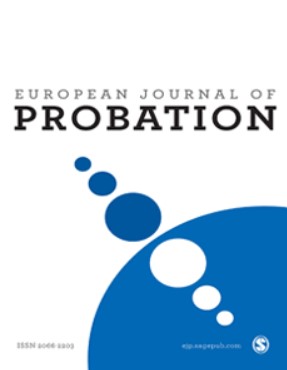Judicial Rehabilitation and the ‘Clean Bill of Health’ in Criminal Justice
Judicial Rehabilitation and the ‘Clean Bill of Health’ in Criminal Justice
Author(s): Shadd MarunaSubject(s): Criminal Law, Comparative politics, Criminology, Penology, Penal Policy
Published by: SAGE Publications Ltd
Keywords: Reintegration; Ritual; Re-entry; Therapeutic Jurisprudence;
Summary/Abstract: Drawing on an important survey of European and Australian policies toward ‘judicial rehabilitation,’ this article makes the following arguments. First, the rehabilitation movement should return to the origins of the word ‘rehabilitation’ and focus at least as much on efforts to remove and relieve ex-prisoner stigma as on treatment and reform efforts. There will be no ‘rehabilitation revolution’ without this. Second, these efforts should involve active, not passive redemption. Rehabilitation processes that require almost a decade or more of ‘crime-free’ behaviour before forgiving an individual for his or her crimes are just and fair, but they miss the point of rehabilitation. Policies should encourage, support and facilitate good behaviour and not just reward it in retrospect. Third, rehabilitation should not just be done, but be ‘seen to be done,’ ideally in a ritualised format. This sends an important message to the individual and wider society. Finally, I argue that it may be better to forgive than forget past crimes. That is, rather than burying past crimes as if they never happened, states should instead acknowledge and formally recognise that people can change, that good people can do bad things, and that all individuals should be able to move on from past convictions.
Journal: European Journal of Probation
- Issue Year: 3/2011
- Issue No: 1
- Page Range: 97-117
- Page Count: 21
- Language: English
- Content File-PDF

